Do you find the classical method of learning piano a bit sophisticated? Well, I do too. In our piano class in high school, there was this guy who could play any song, be it difficult or easy, by just hearing the piece a few times.
As a student, I was clueless (to be honest, a bit jealous) about how he was doing it. It turns out he was playing piano by ear all the time. Upon finding out, it has grown an immense interest in me. Let's spill the beans now.
If piano classes are not your thing and pages after pages of music theory bore you, then you should learn the piano by ear. It is one of the most intriguing learning methods to play the piano.
Playing by Ear vs Sheet Music
Though both skills go hand-in-hand, they are distinct from each other. However, you must build both if you want to become a pro pianist.
Playing by Ear | Sheet Music |
Playing piano by ear is a technique where you hear a musical piece, and play without viewing sheet music. | To play piano with the help of sheet music, you read the musical notes, rhythm, and dynamics. |
It is not that complex to learn and play piano by ear. | Sheet music is hard unless you have deep knowledge of reading it. |
Learning piano playing by ear requires less time compared to sheet music. | Learning piano with sheet music requires time as it is more theoretical than playing by ear. |
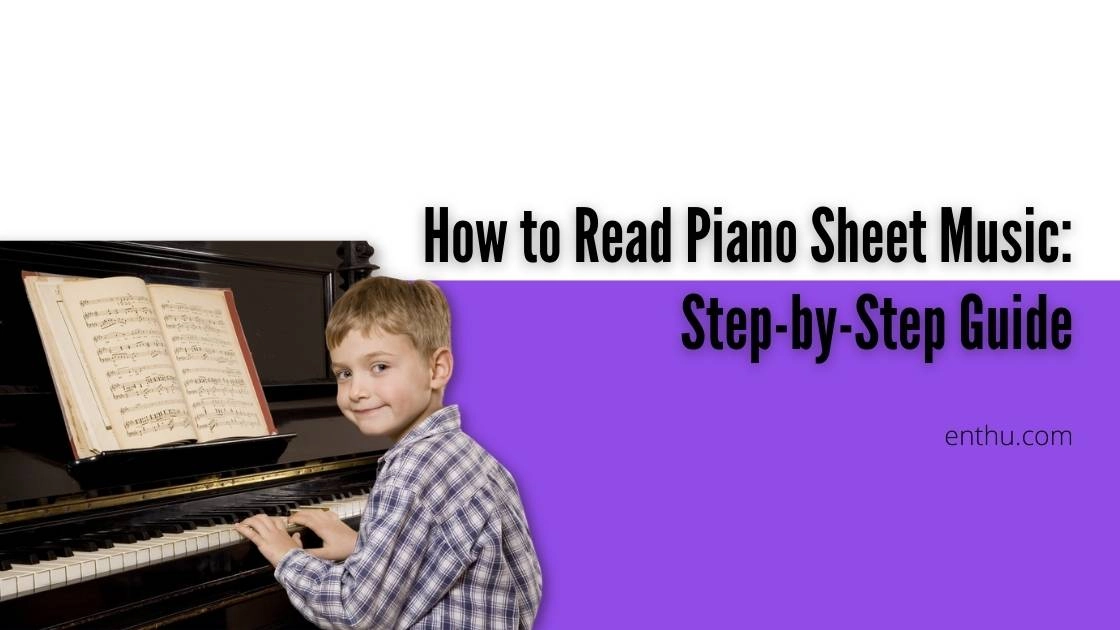
1. The Secret behind Playing by Ear
The Secret to Learning Piano by Ear
You know, the secret ingredient to learning piano by ear comes down to something very simple—listening. Once you truly master the art of listening, you’re already halfway there.
Hearing is one of the most essential skills in music, especially if your goal is to play without sheet music. Training your ears to recognize melodies, rhythms, and harmonies makes the process much more natural.
💡 Quick Tip: Start with Rock, Pop, or Folk songs. These genres often feature clear, distinct melodies that are easier to recognize and translate onto the keys. With a bit of practice, you’ll find yourself picking out notes and recreating songs much faster.
Is there any Benefit of Learning Piano by Ear?
Yes, my friend, there are lots of benefits of learning to play the piano by ear.

Fun fact: the famous musician David Bowie learned to play the piano by ear all by himself. We can all agree that it turned out just fine for him.
1. Creative Freedom
As you are free from the music theory and set-piece method, you will get a lot of time to work on your creativity and musical expression. You need to create your own signature, right?
2. Play without Inhibition
Well, playing by the ear sets you truly free. Now you don't have to worry about an uncommon request coming your way. You can simply play the song by just listening to it once or twice.
3. Aural Training
You are always one step ahead of your peers by training your aural sensitivity while playing at the same time. Wait, there's more.
4. Helps in Reading Music As
I have said, you are always one step ahead. Learning to play the piano by ear trains your ears and musical sense, which helps greatly when you begin to read musical notes.

I think you will feel great staying ahead of your peers all the time.
5. Freedom of Expression
As you get better at playing by the practice of playing by the ear, you will be able to express through music more successfully, as you get a lot of creative freedom.
Tips to Start Playing by the Ear
First of all, pick an easy song. Don't burden yourself with tough classical compositions. Instead, you can pick up your favorite Rock or Folk songs.
Listening is the key to success. So, listen to the song carefully and attentively a few times until the melody creeps into your brain.
Start by playing the bass line; everything else will fall into place afterward. This will save you from a lot of confusion; thank me later.
Once you get accustomed to the bass line, try to figure out the melody.
Now try to play the melody with chords.
Repeat this process to get better.
How Do You Train Your Ears?
As the whole learning method stands upon the skills of your aural skills, naturally, training your ears for music is essential. This is merely a skill to learn, just like reading music. There are three types of ear training:
1. Intervals
Intervals are the gaps between two individual notes. It can be tone (whole step) or semitone (half step). Two half steps equals to one whole step. For instance, C to C# is half step and C to D is whole step. The pitch changes with each half and whole step. Interval follows naming pattern depending upon its quality.
For example, minor third, perfect fifth. Intervals help in identifying various chords based on its quality. So, when you hear a chord, you understand the pitch relation. This way, intervals helps you play melodies by ear.
2. Chords
Having a clear auditory understanding of each piano chord will help your piano practice. A chord is a set of 2 or more different notes. When you listen several chords, your ear gets introduced to a new note.

Following it as an exercise is fun yet a great ear training activity. Listening and identifying chords is the most important practice when playing piano by ear.
3. Scales
Scales are amongst the very first things a piano learner learns. Grasping each note of scale builds a powerful learning ability, that you can use while playing.
Practicing piano scales as an ear training is not limited to beginners. Even the advance level pianists practice piano notes often to master the skill.
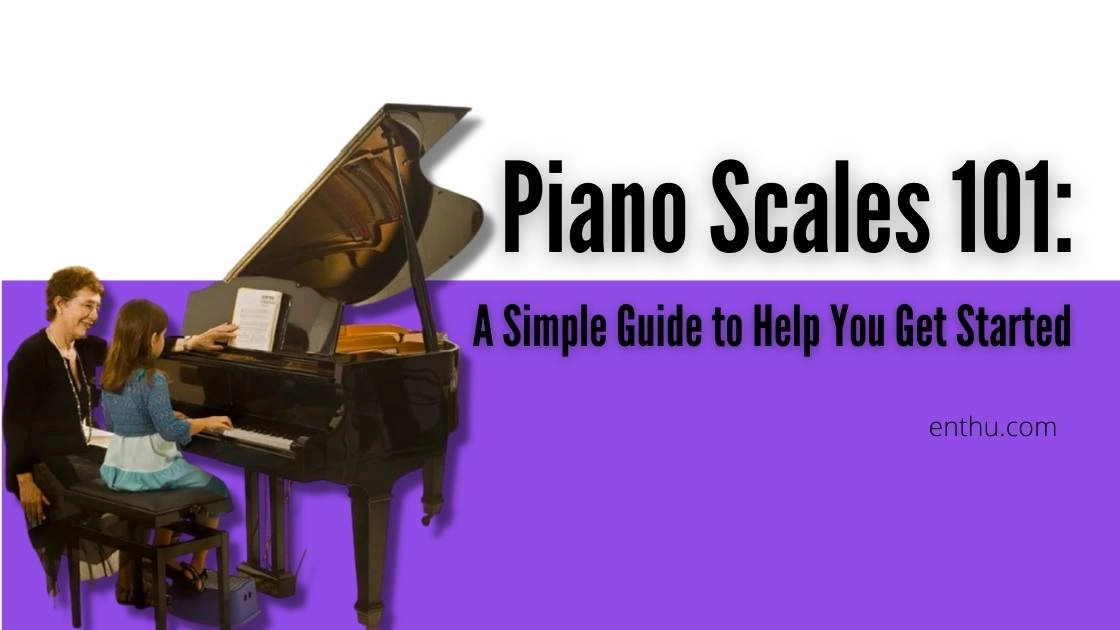
So, a rigorous listening and playing of scales is a fantastic ear training technique to stick to the fundamentals and ace it. Wanna be the next Piano sensation?
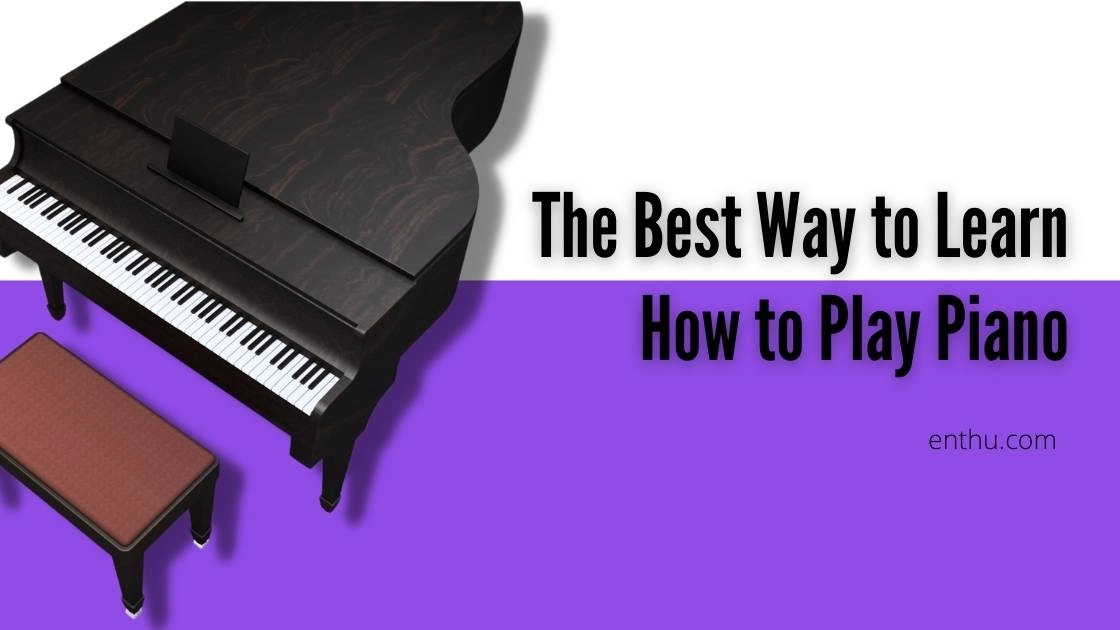
Ear Training Practices for You
Start by practicing easy compositions. I would suggest songs from Simon & Garfunkel and The Beatles. Their compositions are really simple and easy to play.
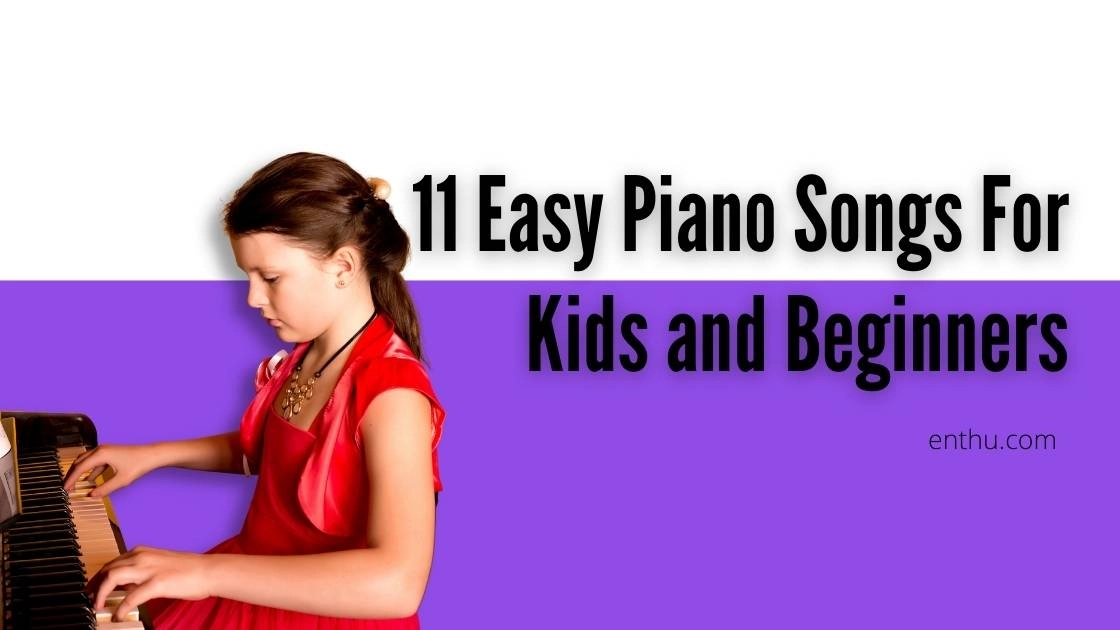
Start Ear Training with these Songs
Interval: Major 2nd (C – D), Nursery Rhymes
Interval: Major 3rd (C – E); 'Strawberry Fields Forever' by The Beatles, 'Summertime' by George Gershwin
Interval: Perfect 4th (C – E); 'Wish You a Merry Christmas,' 'The Boxer' by Simon & Garfunkel.
Interval: Perfect 5th (C – G); 'Scarborough Fair' by Simon and Garfunkel, 'Three Little Birds' by Bob Marley
Interval: Major 7th (C – B); 'Don't Know Why' by Norah Jones
Interval: Perfect Octave (C – G); 'Wonderwall' by Oasis, 'Your Body is a Wonderland' by John Mayer

Learn Piano From Expert Teachers

Conclusion
Learning to play the piano by ear can truly ignite your creativity. The practical method of learning gives you amazing aural skills. Now it's entirely up to you whether you will only play for yourself or you want to write down your name in music history.
Come join EnthuZiastic piano classes and start a new musical journey! Sure, why not think high? The sky's the limit for you. Buy a piano, practice hard, and maybe someday I will buy a ticket for your concert. Cheers to the musical future!
FAQs
1) Can you teach yourself to play the piano by ear?
Yes, you can learn piano by ear all by yourself. The idea of playing piano by ear is a self-taught method.
It takes a lot less time than the classical method. All you have to do is pick up a song of your choice and listen to it carefully. When you remember the melody, try to match it on the piano.
2) Is it better to learn piano by ear?
Well, it depends on many things. According to some pianists, learning to play by ear is the natural way to pick up an instrument. It doesn't limit our creativity and makes the process of learning fun.
On the other hand, if you want to be a classical pianist, you should go for traditional classes. Playing the piano by ear doesn't teach you the music theories.
3) How long does it take to learn piano by ear?
Assuming that you are a beginner, it would take almost four months to learn playing by the ear. It requires a significant amount of time to adjust to the listening part. However, you can learn earlier than expected if you work hard and practice regularly.
4) Is playing piano by ear a gift?
Contrary to popular belief, playing piano by ear is not a gift. It is an acquired skill, just like playing the piano with the traditional method. No one comes with the gift of music. You have to grow your ears for music and then practice, practice, and practice some more to get there.
5) Is learning piano by ear hard?
Yes, it is hard. Beginners who think that playing piano by ear is easy are mistaken. But it is not impossible. If you have made up your mind, you can also learn it. All you have to do is follow the methods and practice regularly. Once you get hold of it, it will seem easier.



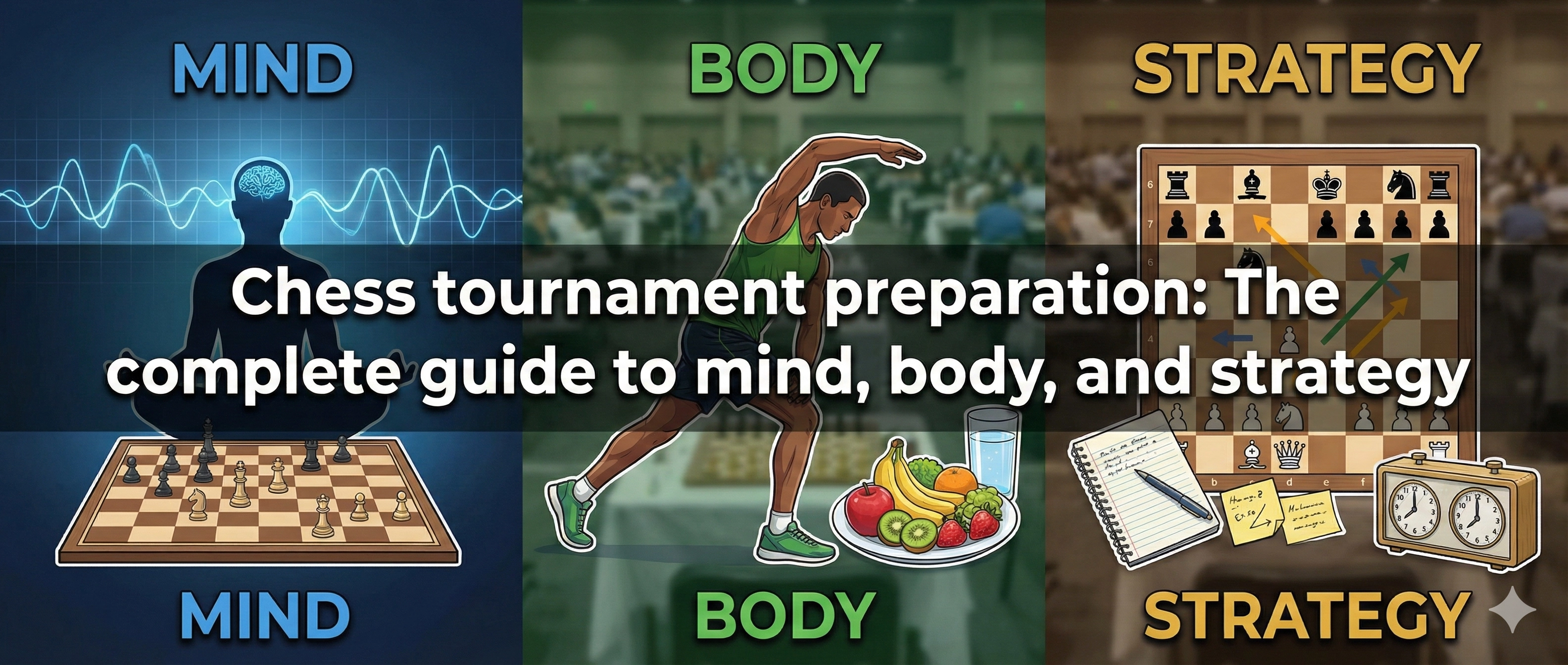
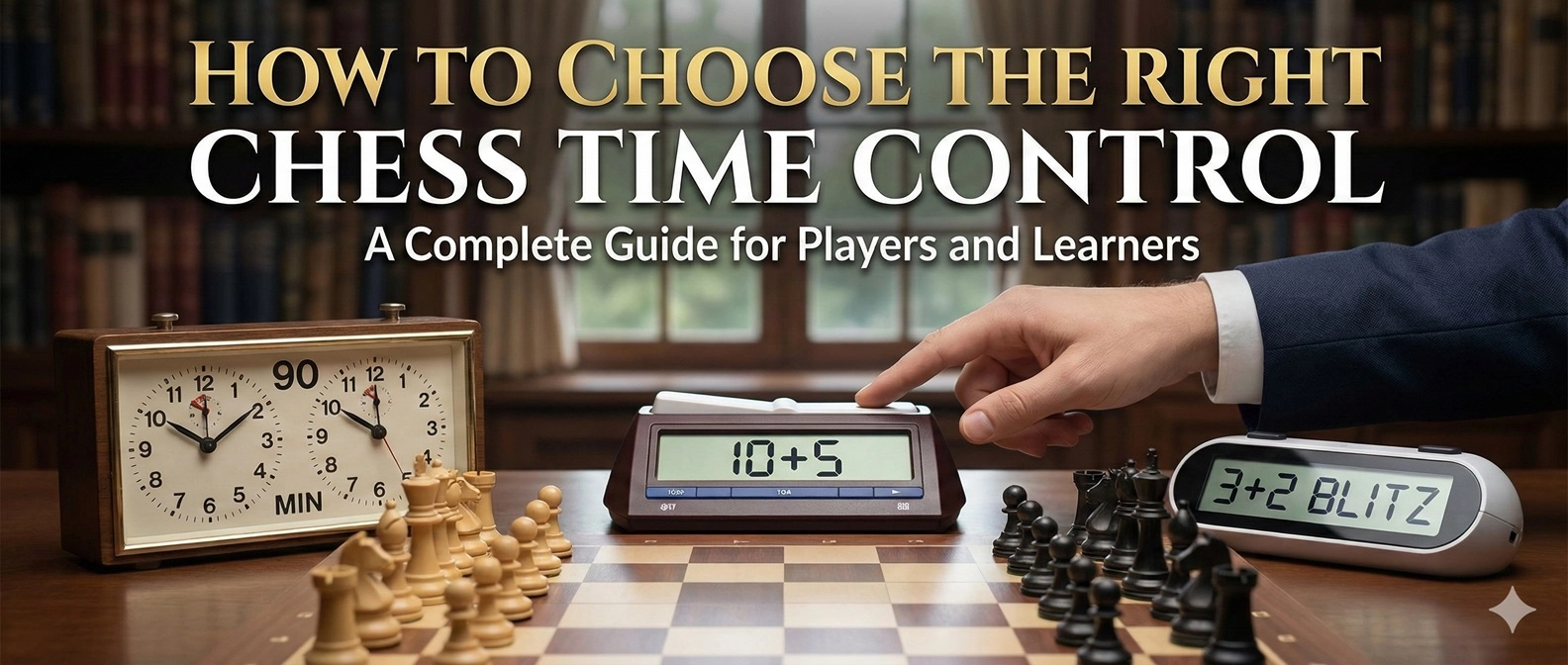
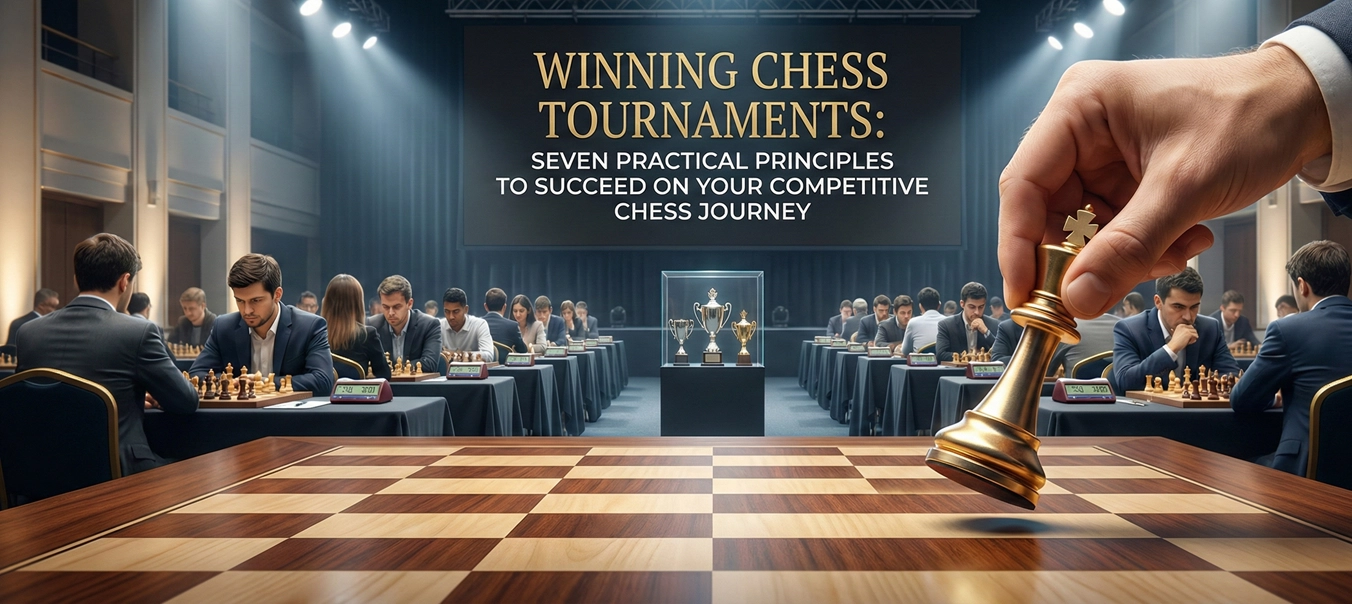
Comments